

Pandemic impacts on real estate
New challenges for business clusters
The last half of the year has interrupted most of the world's economic and social activities, bringing many changes to well-established business processes in companies of all sizes. In the midst of the general decline in mobility, mono-profiled business areas experienced the greatest decrease. Some of them were temporarily closed, while others lost the majority of its visitors – office workers switched to remote work and local residents tend to stay off deserted business clusters, which became an uncomfortable and isolated space.
Observations of people’s mobility before and after the quarantine highlight the crisis of the business centre’s traditional model – often being tied to transport corridors and not integrated into the surrounding context, they become highly inefficient during the economic crises, which opens the ground for the future discussion on the reconception, redevelopment and reinventing these areas.
Moscow business areas after the lockdown: case study
PwC and Habidatum conducted a joint study on changing key aspects of corporate work in the main business clusters of Moscow: Moscow City, Belorussky, Leningradsky, and Paveletsky. These areas were analyzed in terms of:
- Tennants' distribution by profiles;
- Changes in the daily “life” of business areas: footfall, transactions dynamics, people’s activity in the cluster;
- Assessment of potential vacancy rate volumes, resulting from the transition to new workweek schemes – a combination of office and remote (“home”) working days.
Full analysis here.
This analysis is part of a series of publications resulting from FIABCI's partnership with Habidatum.
About Habidatum
Habidatum is a software and data analytics company, assisting policymakers and businesses in understanding the hyper-dynamic urban environment through advanced analytics of diverse data sources driven by machine learning and interactive visualization.
Habidatum operates as a gateway between the professional communities that require data-driven insights and data carriers.
The company was founded in 2014 by a collaboration between professional urban planners and digital designers. Since 2014, the company has worked in more than 20 cities globally including London, New York, Moscow, Dubai, Singapore, Pune, Denver, and Miami.








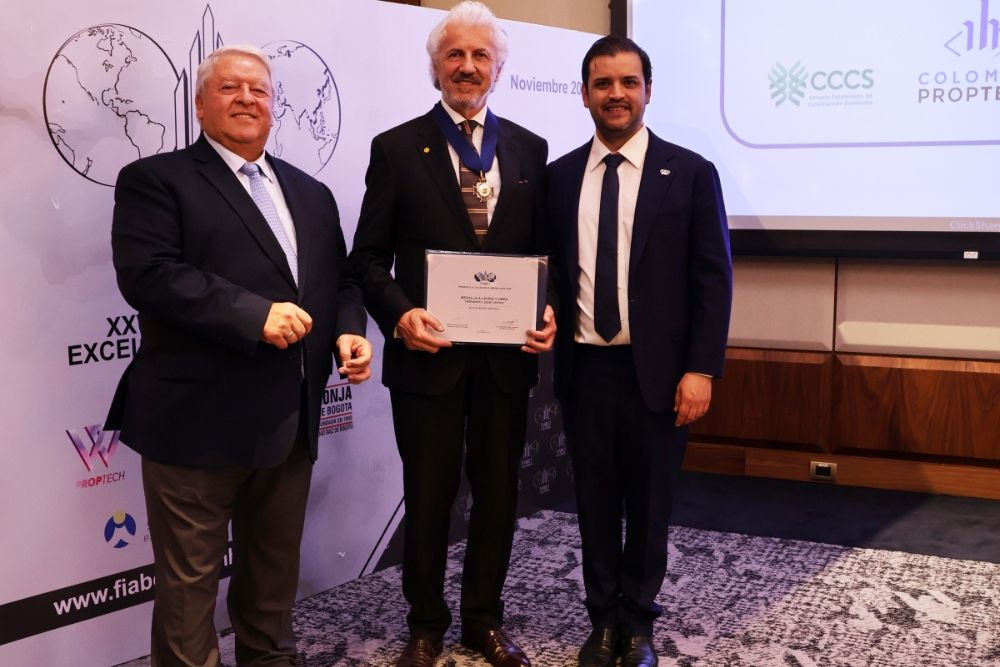

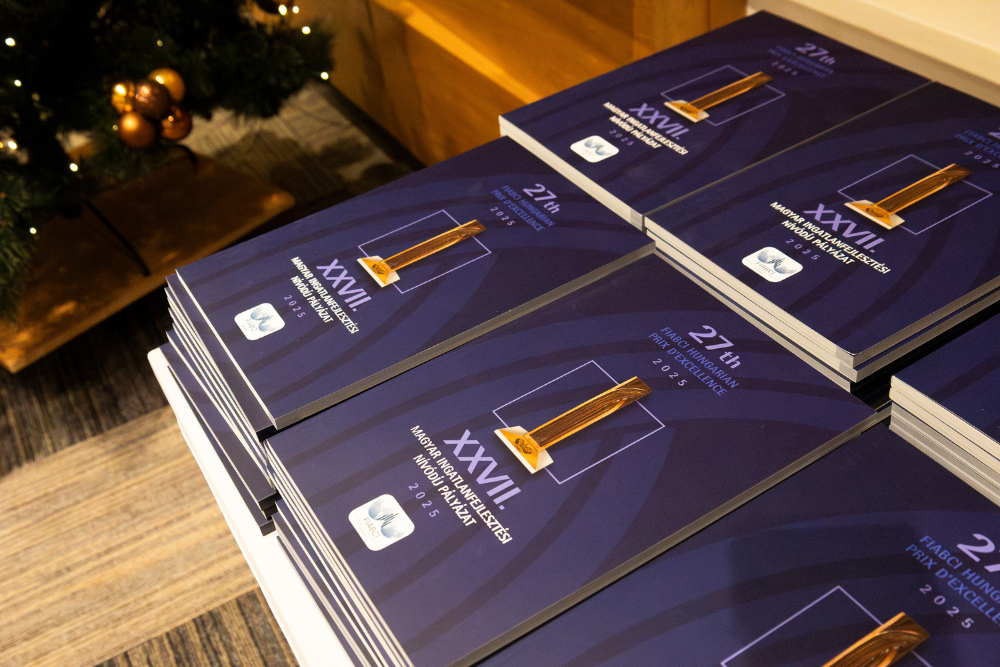
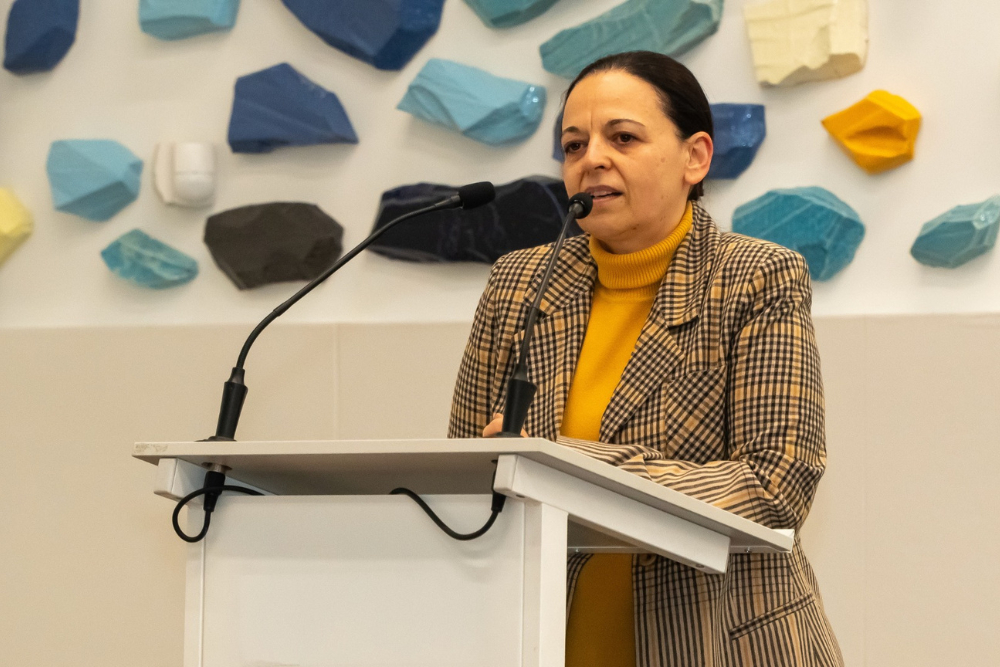
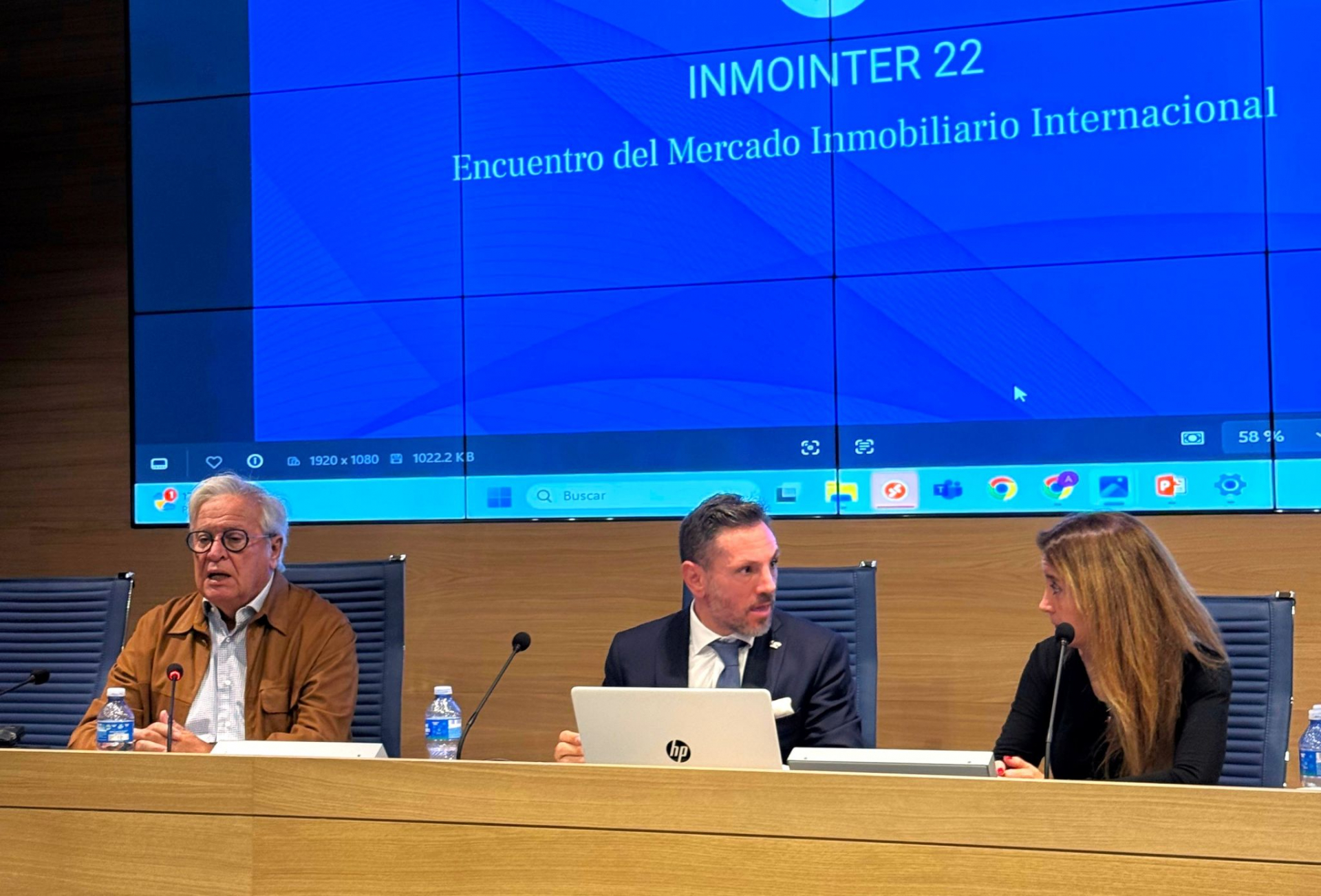

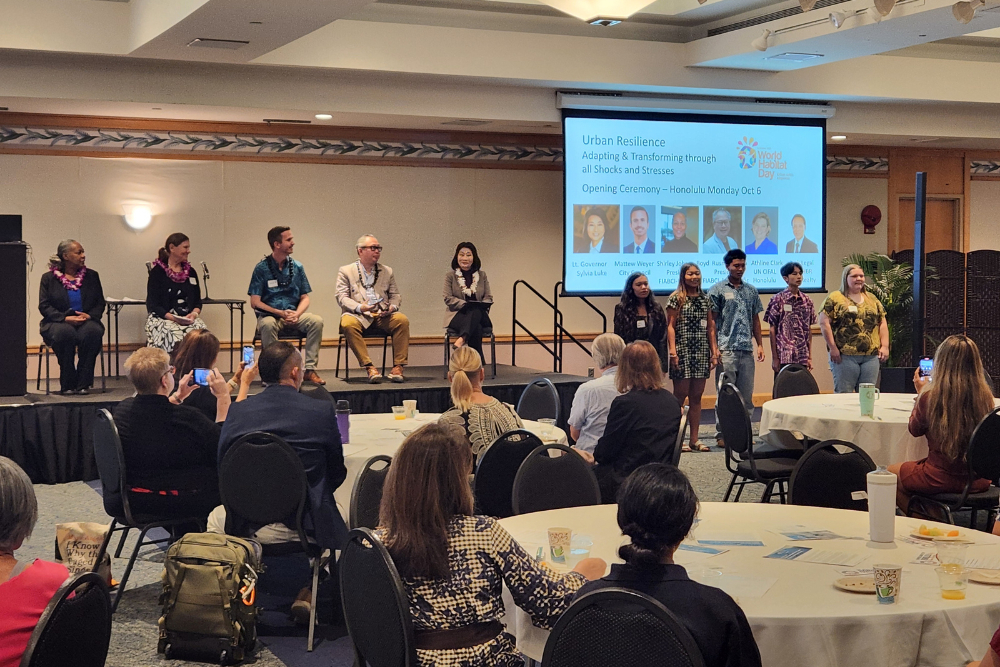







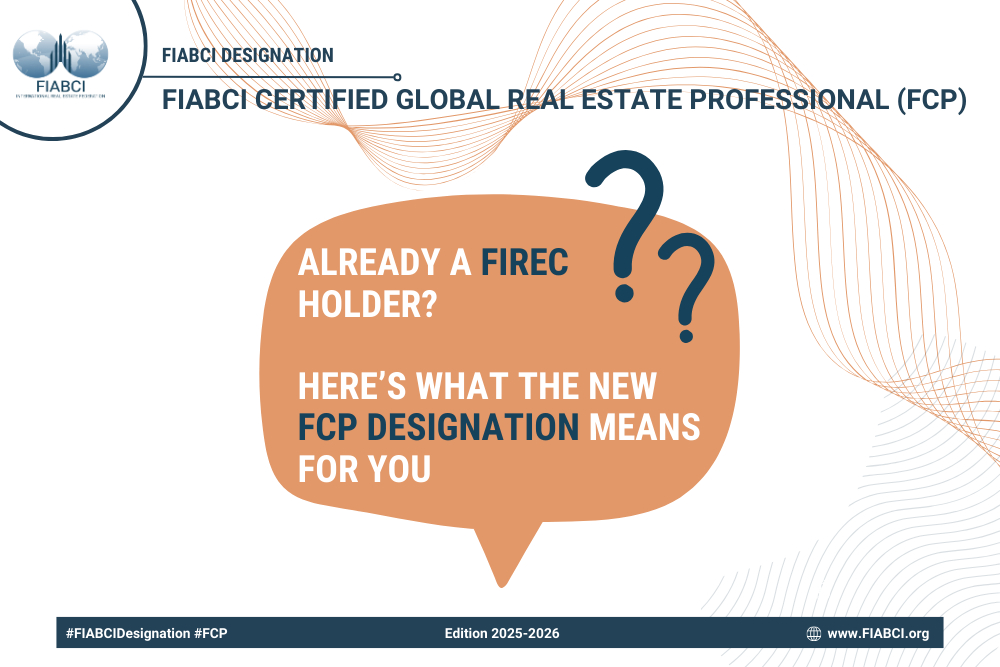
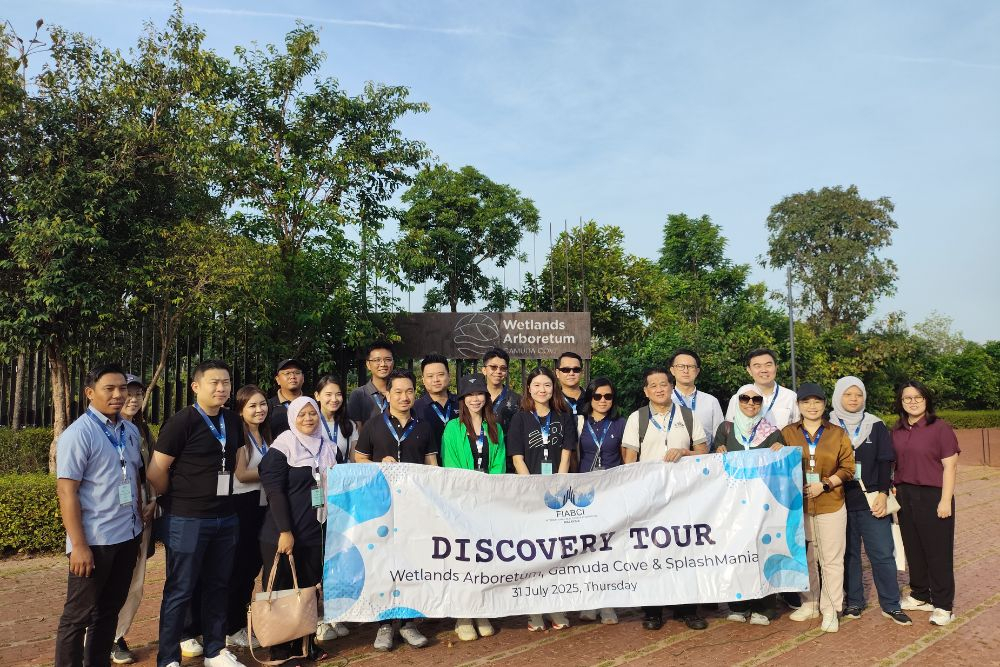






















































































































































































































































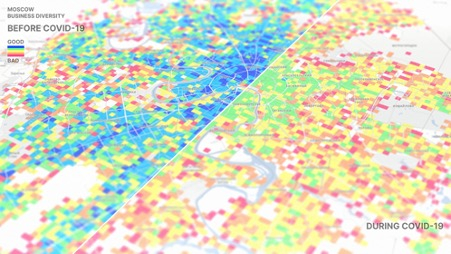











































































![[Webinar Summary] COVID-19: What lies ahead for the Real Estate Industry?](/uploads/news/9i1w05plq2ksbcswuyj5ze2nr.png)































































































